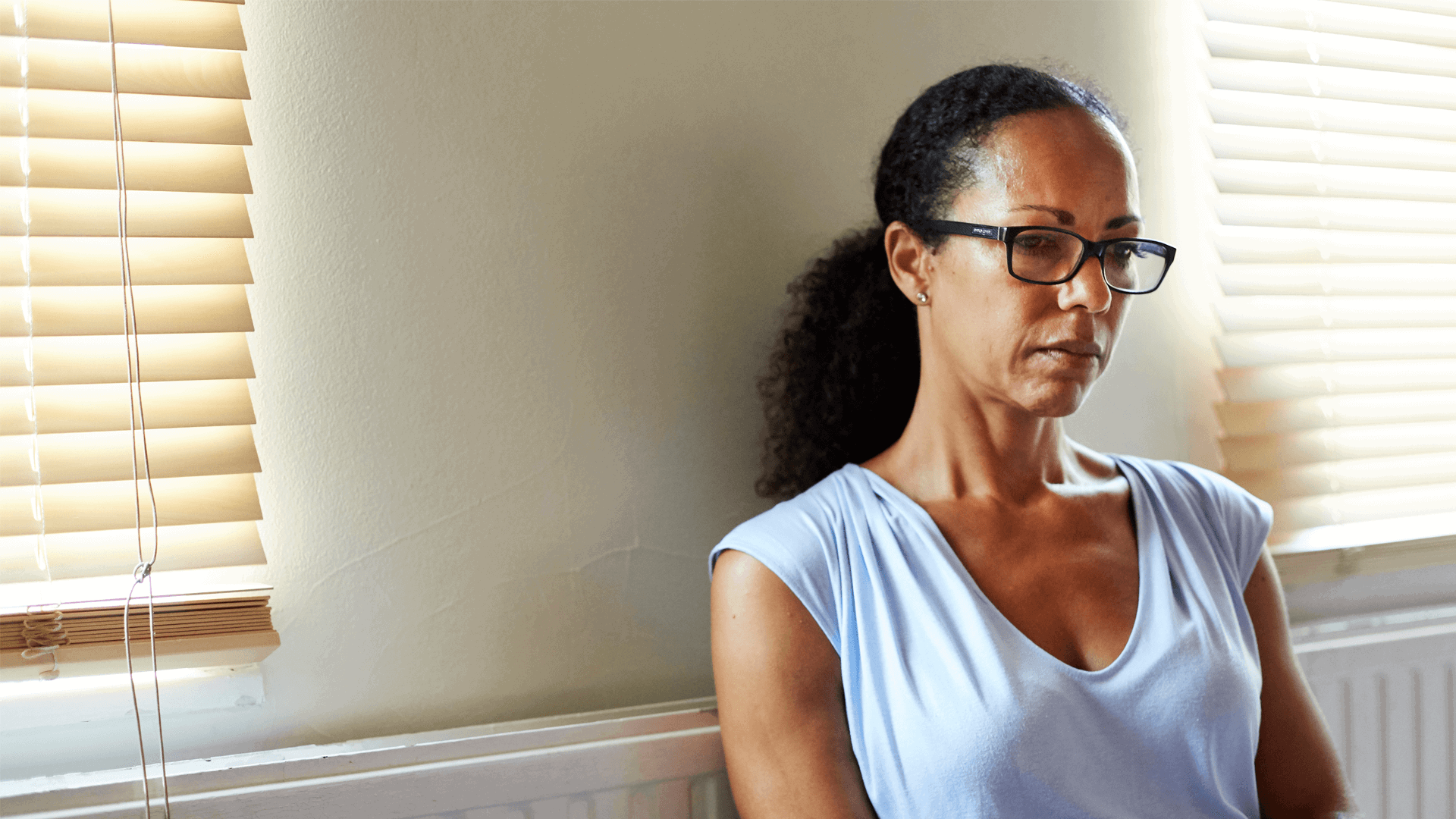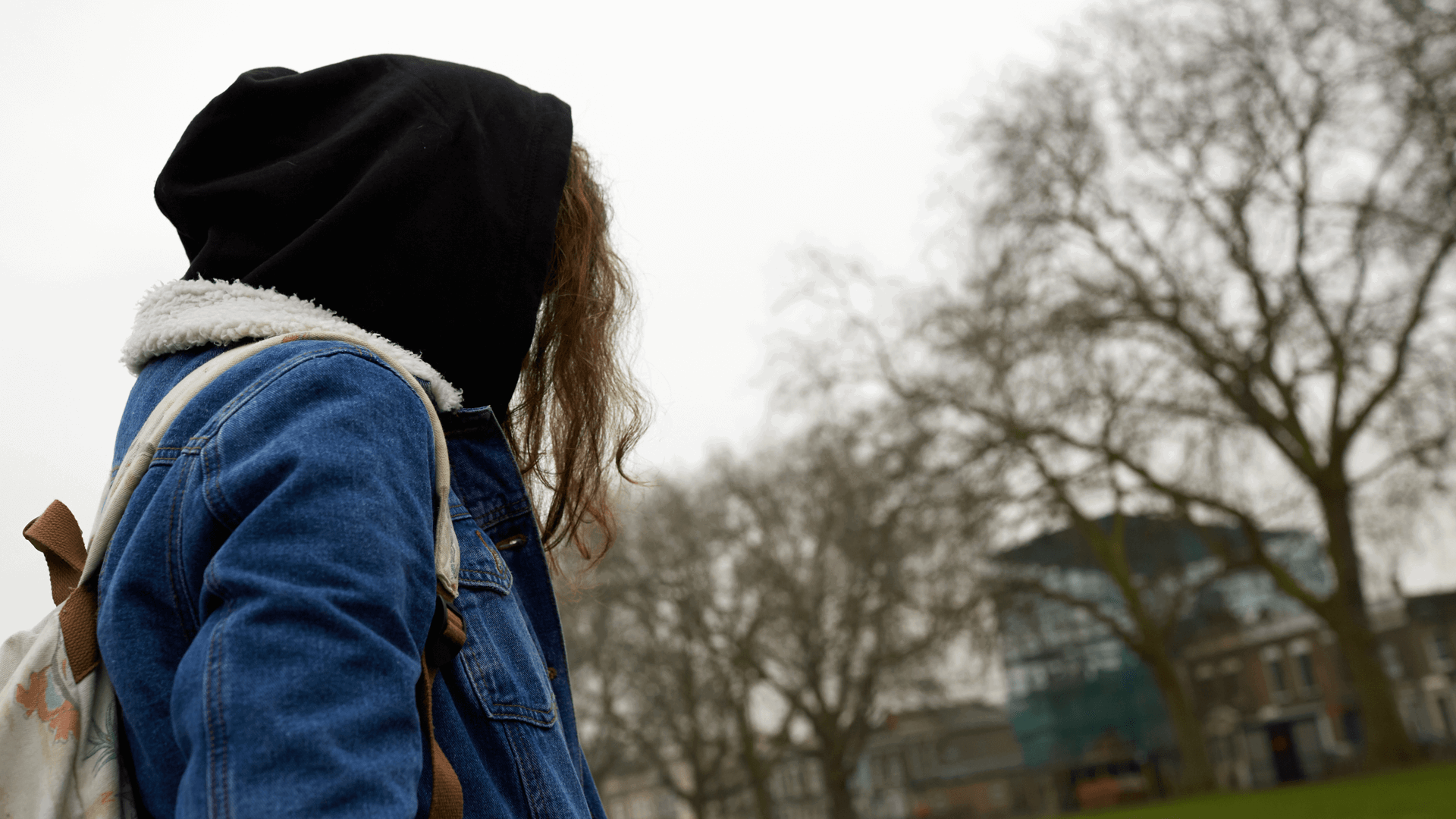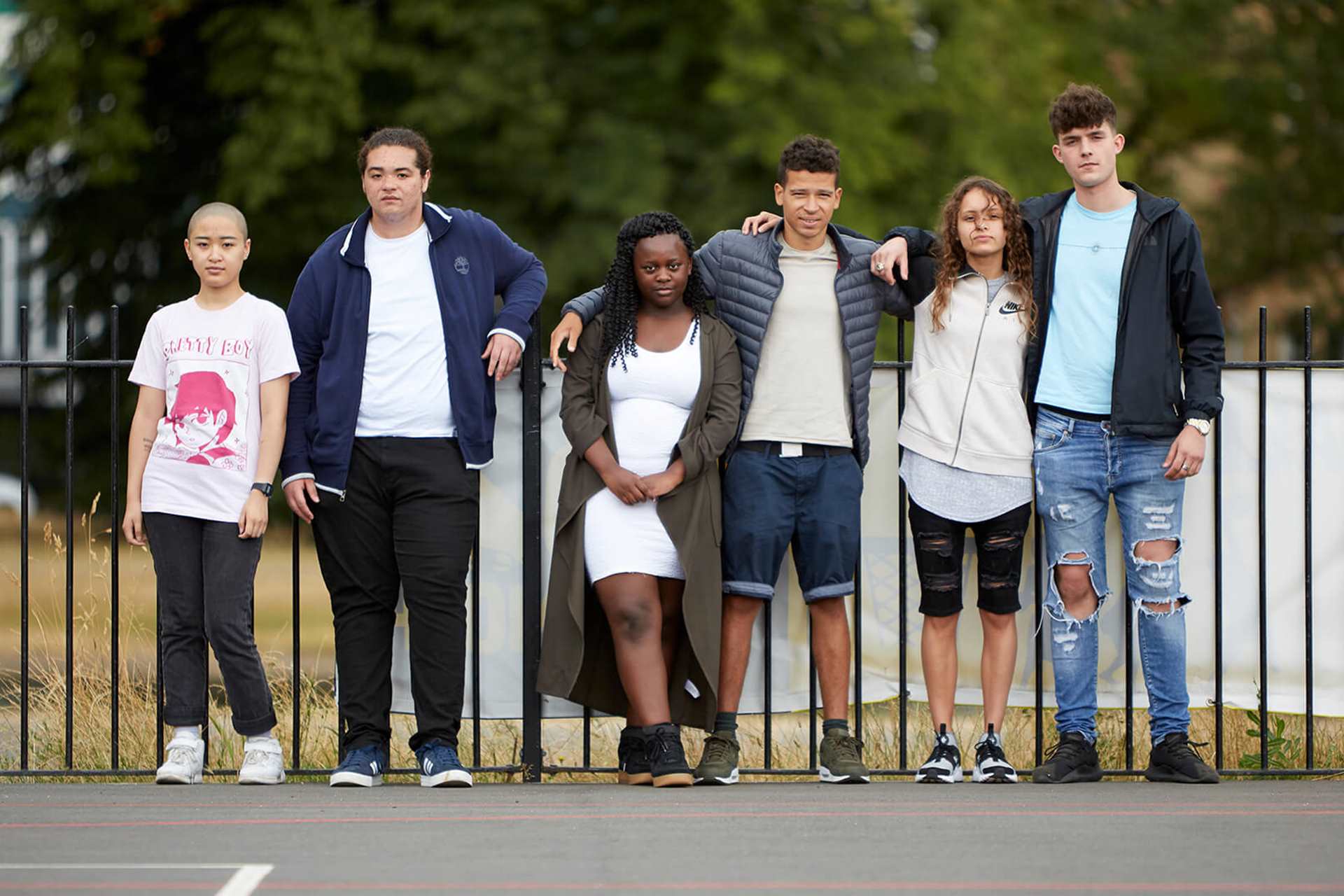
If you or your child is experiencing abuse or domestic violence, or have done in the past, remember that you are not alone. On this page you can find a list of organisations that can help you.
Abuse and domestic violence are never okay or excusable. Everyone has the right to live a life free from fear, harm and control. Experiencing abuse in any form can have a huge effect on your child's mental health, both while it is happening and later in life.
If you would like to speak to someone to talk through what’s happening, or reach out for help and support, there are organisations you can contact.
What is abuse?
Abuse can happen in different ways. It can be:
-
Physical abuse
This is when someone is hurt or harmed on purpose. This includes being hit, slapped, kicked, punched or shaken.
-
Mental or emotional abuse
This is when someone is treated badly. This includes being ignored or criticised, called names, shouted at, threatened, frightened, blamed or controlled.
-
Neglect
This is when a child or young person is not looked after, or does not get the love, care and attention they need. This includes not getting things like food or clothing, and not being kept healthy or safe.
-
Sexual abuse
This means sexual touching of any part of a child’s body, or forcing a child to see or take part in any kind of sexual activity. This includes a child being kissed, touched or forced to have sex, and being exposed to sexual acts, images or videos.
-
Domestic abuse
This is any kind of abuse that happens between people in a relationship. It can involve threatening, controlling, frightening, bullying or violent behaviour. It may also be physically, emotionally, sexually or financially abusive. Children witnessing domestic violence between two adults are also experiencing a form of abuse, even if it is not directed towards them. They are also at risk of being abused by the same adult.
Where can I find help?
Below you can find organisations that can support you.
If someone is in immediate danger or at risk of immediate harm, call 999 for the police. You can also call 999 for an ambulance if someone is injured.
-
NSPCC
Information and advice for any adult concerned about the safety or wellbeing of a child.
Fill out the online contact form.
- Opening times:
- 8am - 10pm, Monday - Friday; 9am - 6pm at weekends
-
Refuge
Supports women and children who are experiencing, or have experienced, domestic violence or abuse.
You can call their helpline for support, information and advice - including help to access their emergency accommodation.
Online chat service available 3pm - 10pm, Monday - Friday.
You can send a message to the helpline using this online contact form (response time within 48 hours, or at a safe time chosen by you).
- Opening times:
- 24 hours a day, every day of the year
-
Women's Aid
Supports women and children who are experiencing, or have experienced, domestic violence or abuse.
You can contact them for help and support by email. Or you can use their online chat service (available 8am - 6pm, Monday - Friday; and 10am - 6pm at weekends).
You can access their survivor's forum, which is for any woman over 18 who has been affected by domestic abuse.
You can use their directory to find local support services near you.
-
Men's Advice Line
Provides support, information and advice for men experiencing domestic violence or abuse.
You can access their webchat service from the homepage (open 10am - 11am and 3pm - 4pm, Wednesdays, Thursdays and Fridays).
- Opening times:
- 9am - 8pm, Monday - Friday
-
Rape Crisis Centre
Supports girls and women who have experienced rape, sexual violence or sexual abuse at any time.
Online chat service available for women and girls aged 16 or over, open Monday-Friday (times on the website).
- Opening times:
- 12pm - 2.30pm and 7pm - 9.30pm, 365 days a year
-
We Stand
Supports non-abusing parents and carers of children who have been sexually abused. They offer therapeutic sessions, advocacy, training, support groups and advice sessions.
- Opening times:
- Monday, Wednesday and Thursday 10am - 2pm; Tuesdays from 10am - 2pm and 4pm - 6pm
-
Pace
Supports parents and carers whose children are being, or are at risk of being, sexually exploited by someone outside the family.
Contact them using their online form - someone will then be in touch to discuss your situation.
-
Galop
A dedicated LGBT+ anti-violence charity.
Gives advice and support to people who have experienced biphobia, homophobia, transphobia, sexual violence or domestic abuse.
- Opening times:
- 10am - 5pm, Monday - Friday (Open until 8pm on Wednesdays and Thursdays)
-
NAPAC (the National Association for People Abused in Childhood)
Offers support to adult survivors of all types of childhood abuse, including physical, sexual, emotional abuse or neglect.
- Opening times:
- 10am - 4pm, Monday, Wednesdays & Fridays; 2pm - 9pm, Tuesdays & Thursdays
-
Victim Support
Offers support to anyone affected by crime; not only those who experience it directly, but also their friends, family and any other people involved.
Live webchat service available.
Offers specialist support for children and young people affected by crime through their website You & Co.
- Opening times:
- 24/7
-
Family Rights Group
Provides support, information and advice to parents whose children are involved with, or in need of, social services because of safety or welfare concerns - as well as parents and relatives of children in the care system.
- Opening times:
- Opening times: 9.30am - 3pm, Monday - Friday
-
Stop it Now
Supports adults who are unsure or worried about their own sexual thoughts or behaviour towards children, or the behaviour of someone they know (adults or children).
- Opening times:
- 9am - 9pm, Monday – Thursday; 9am - 5pm on Fridays
While we take care to ensure that the organisations we signpost to provide high quality information and advice, we cannot take responsibility for any specific pieces of advice they may offer. We encourage parents and carers to always explore the website of a linked service or organisation to understand who they are and what support they offer before engaging with them.
Whether you love the page or think something is missing, we appreciate your feedback. It all helps us to support more young people with their mental health.
Please be aware that this form isn’t a mental health support service. If your child is in crisis right now and you want to talk to someone urgently, find out who to contact on our urgent help page.
At YoungMinds we take your privacy seriously. If you’d like to read more about how we keep the information we collect safe, take a look at our privacy policy.

